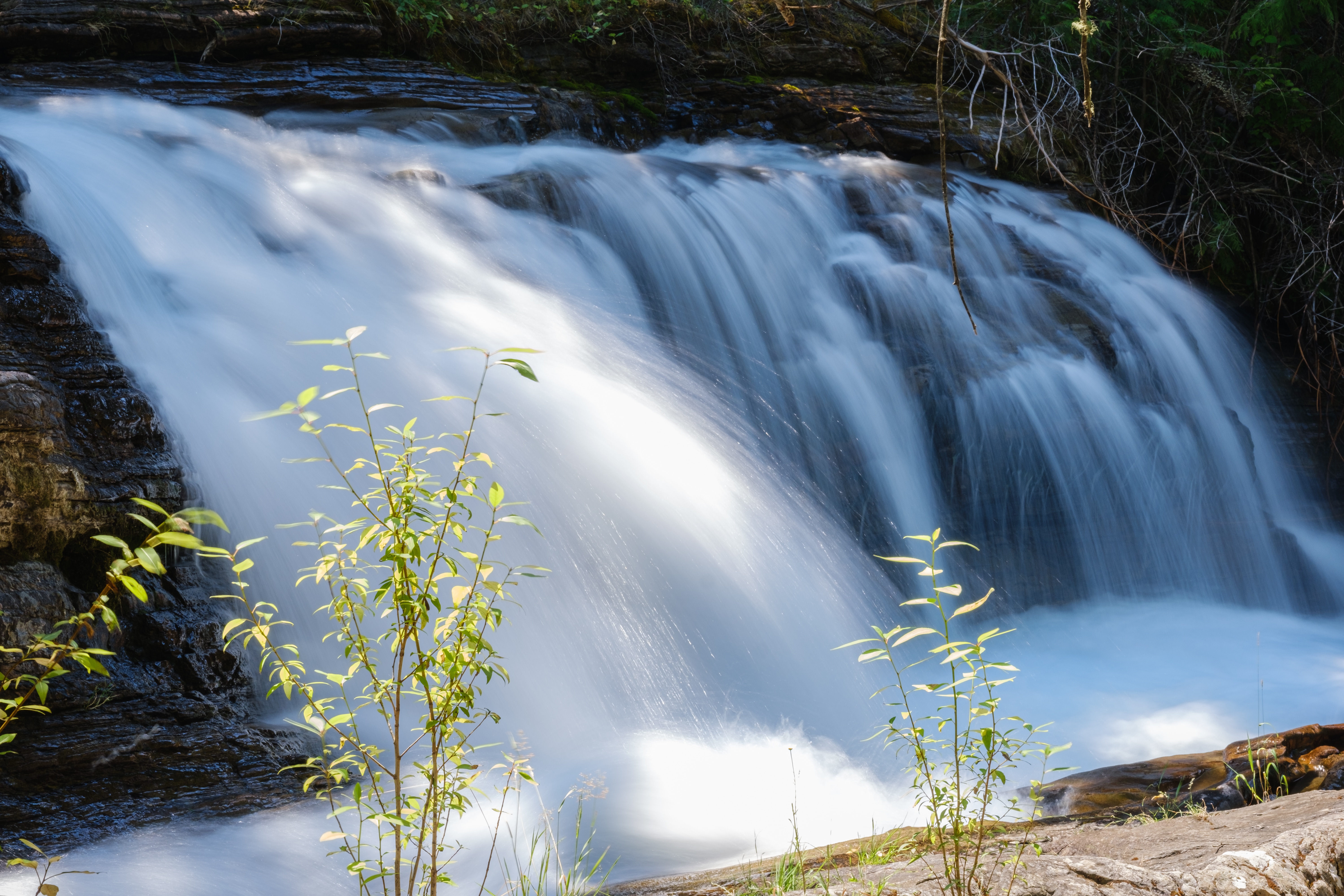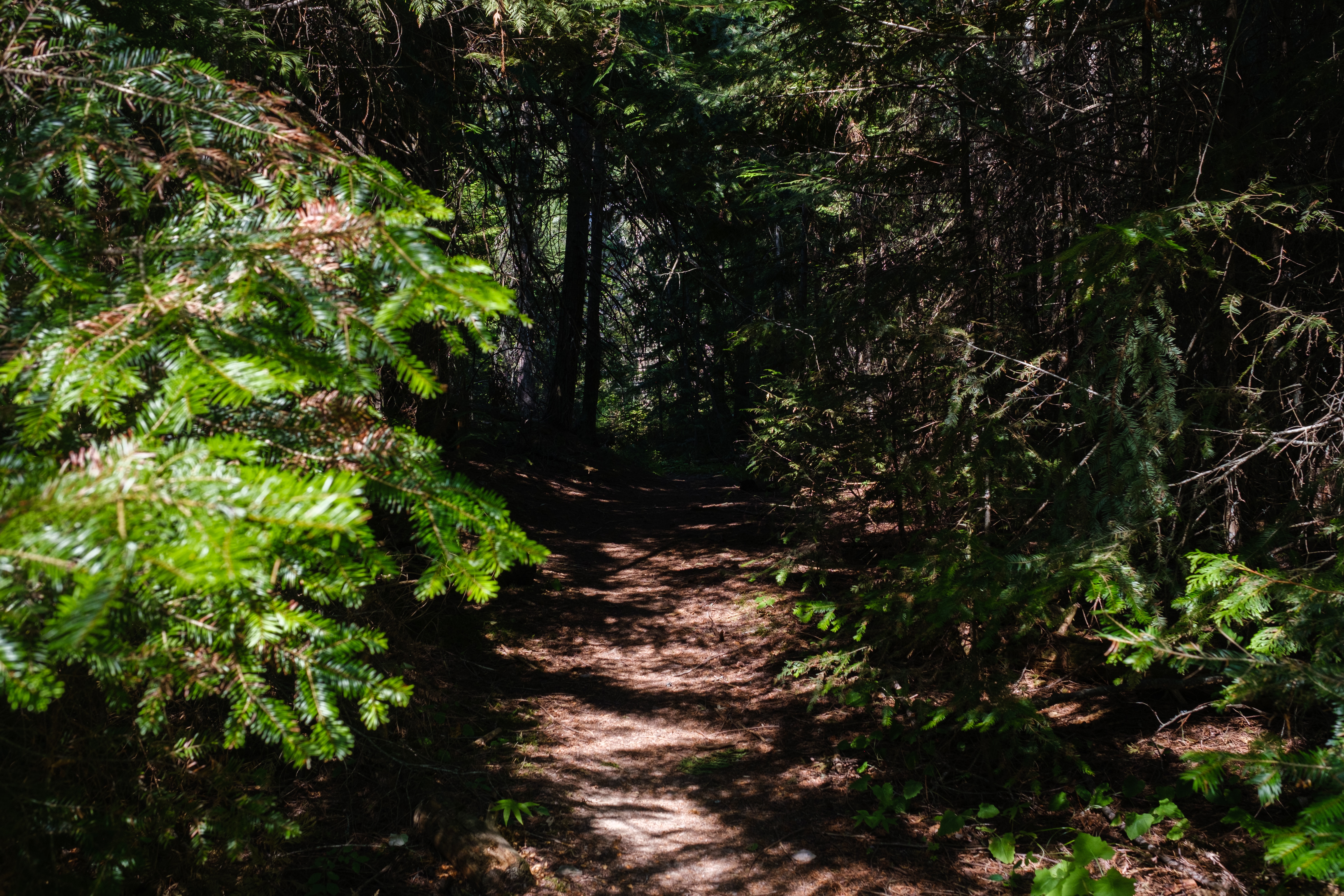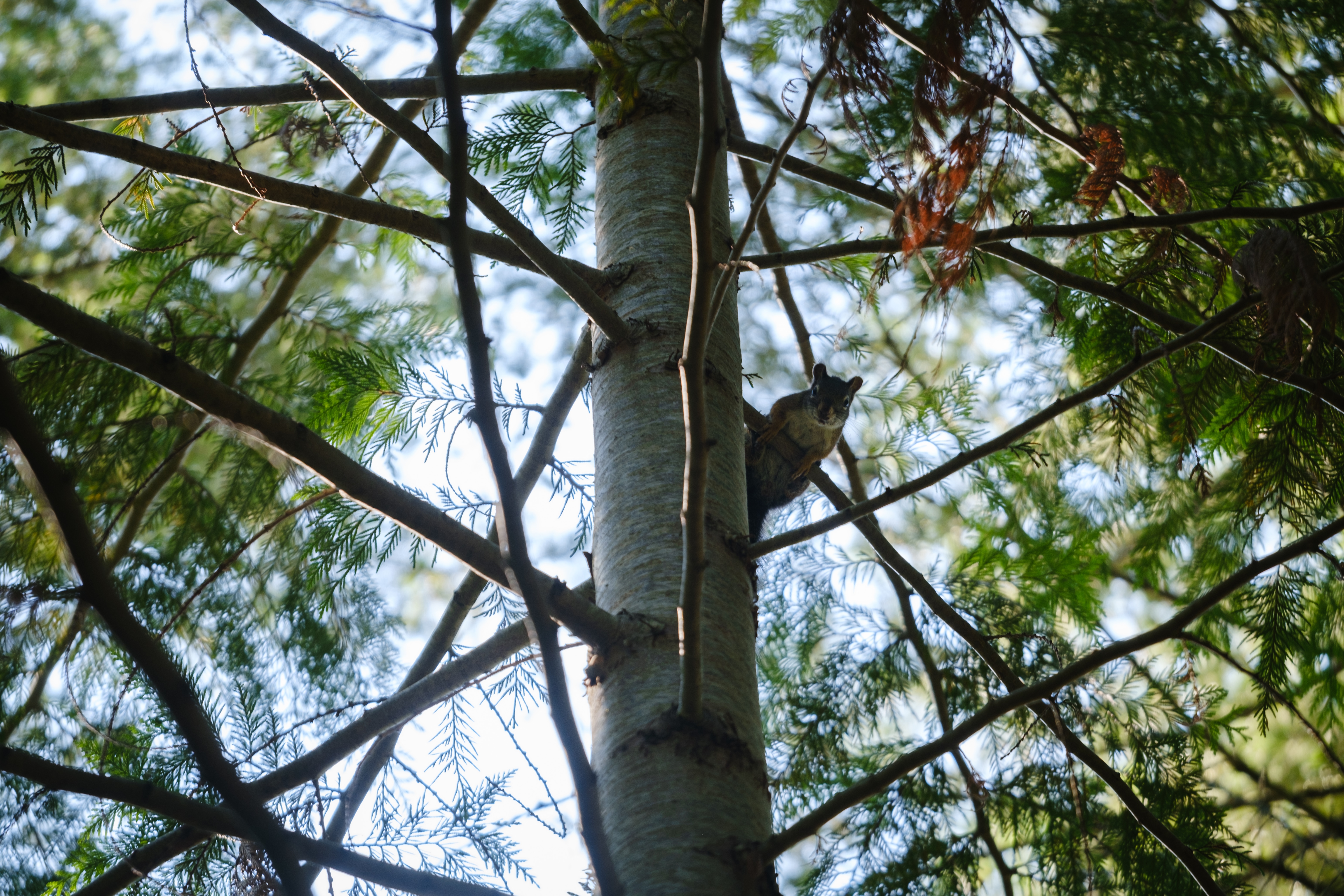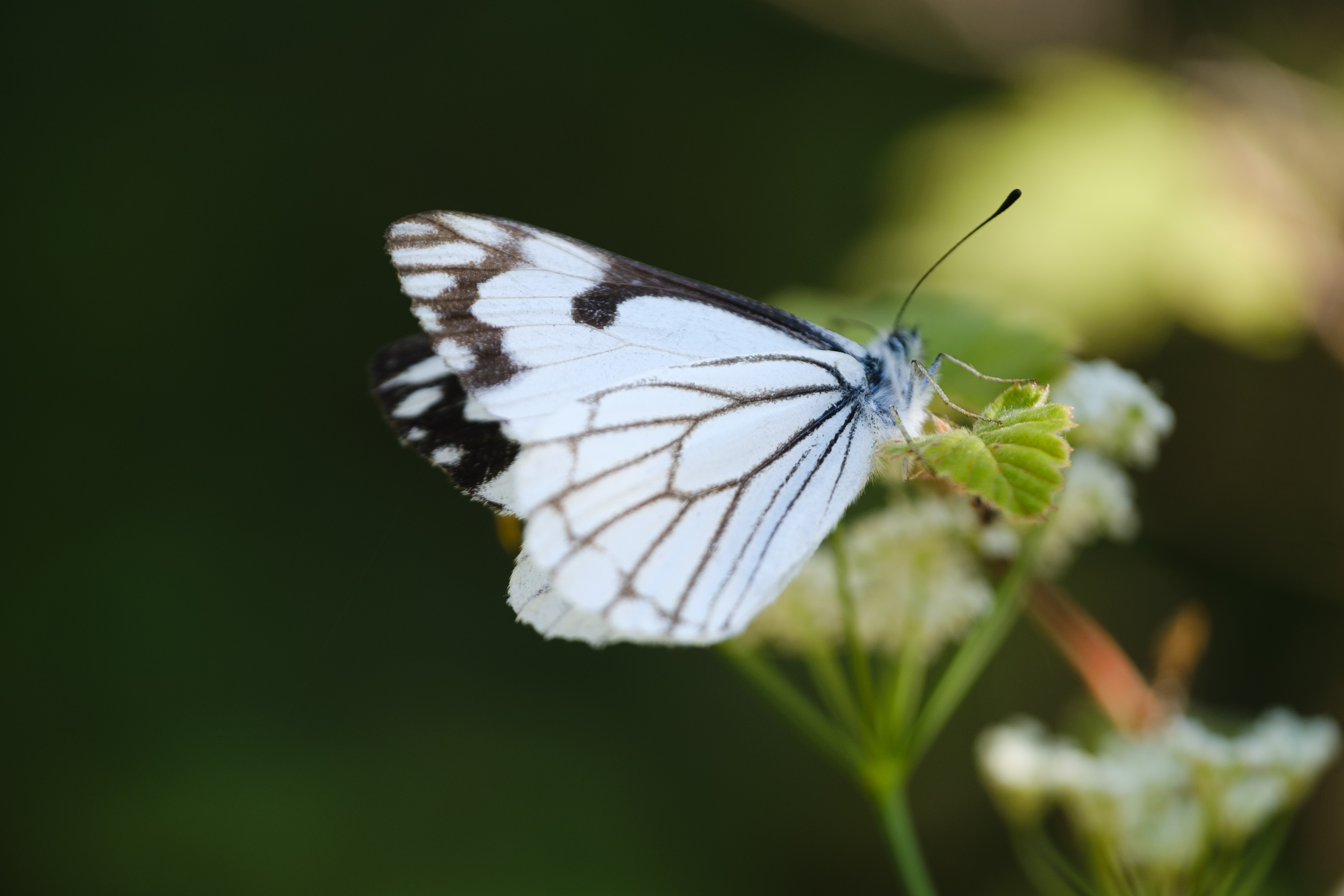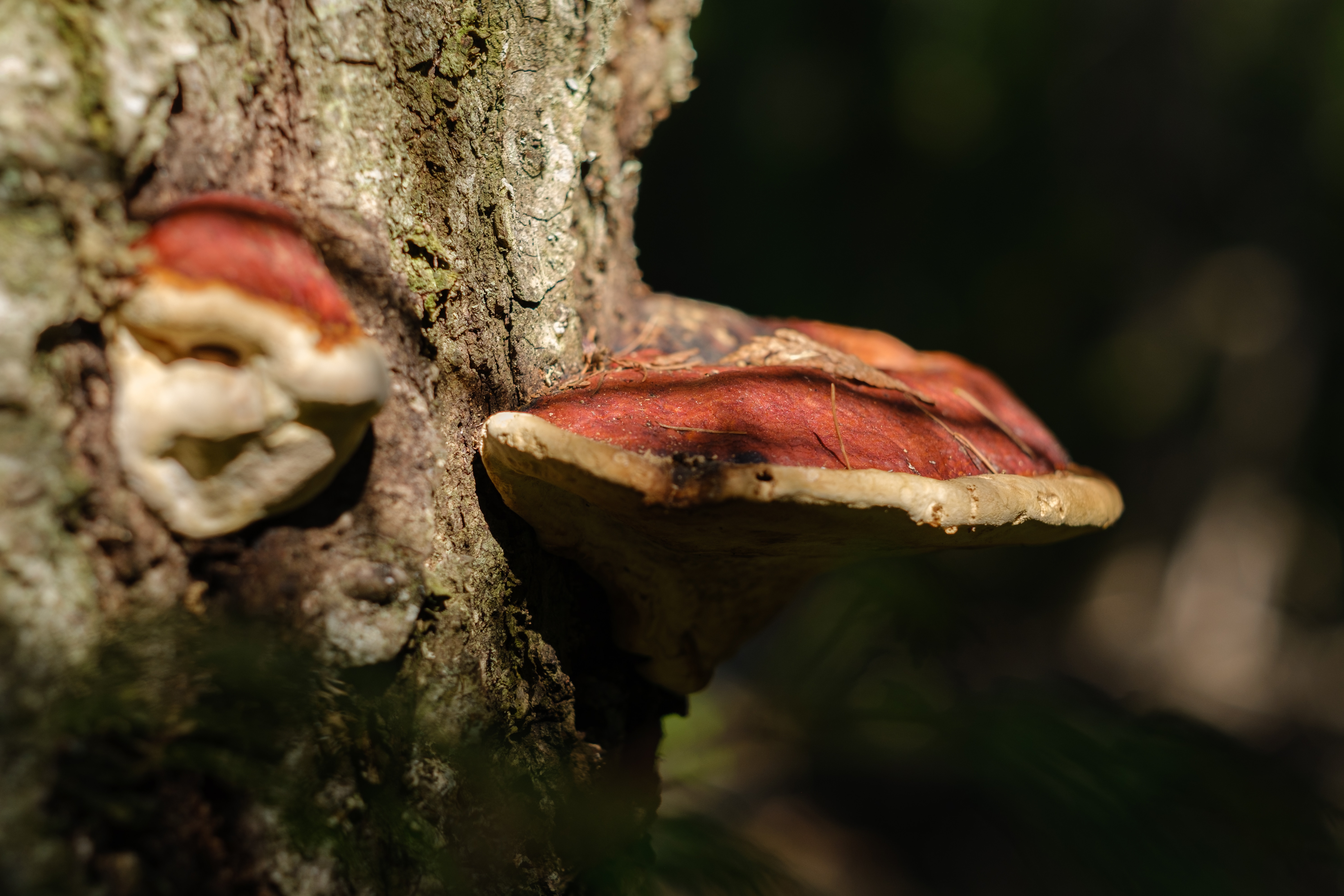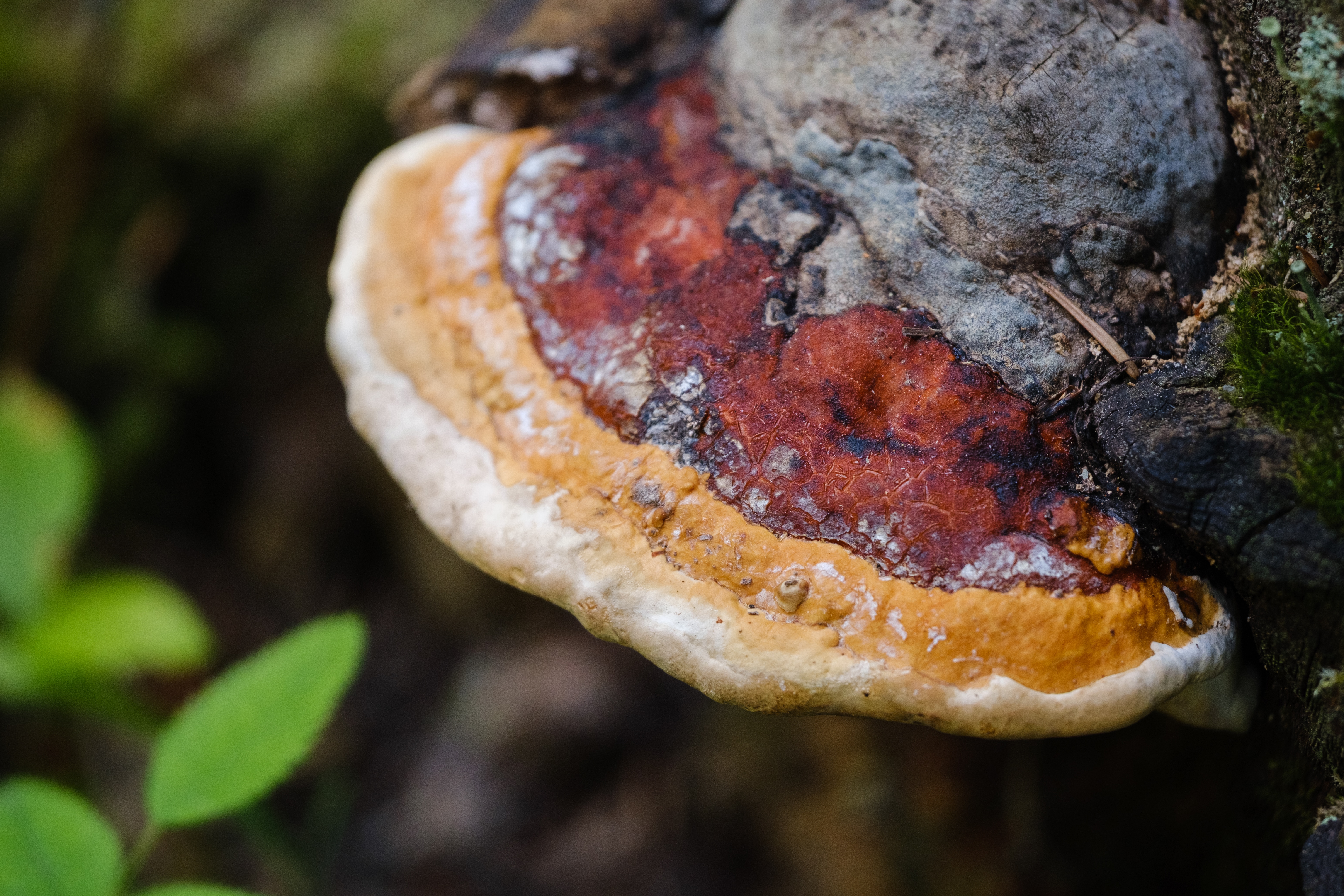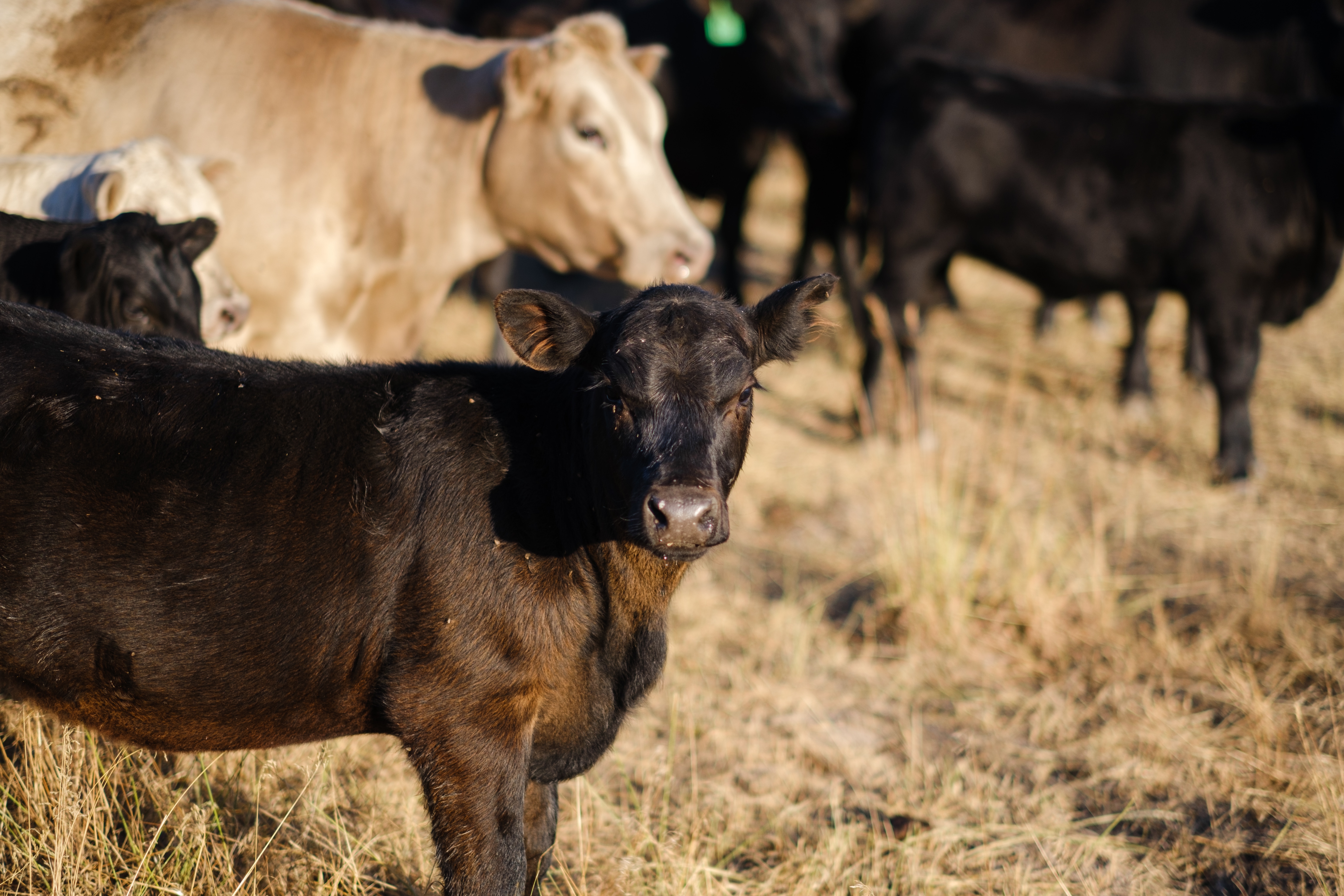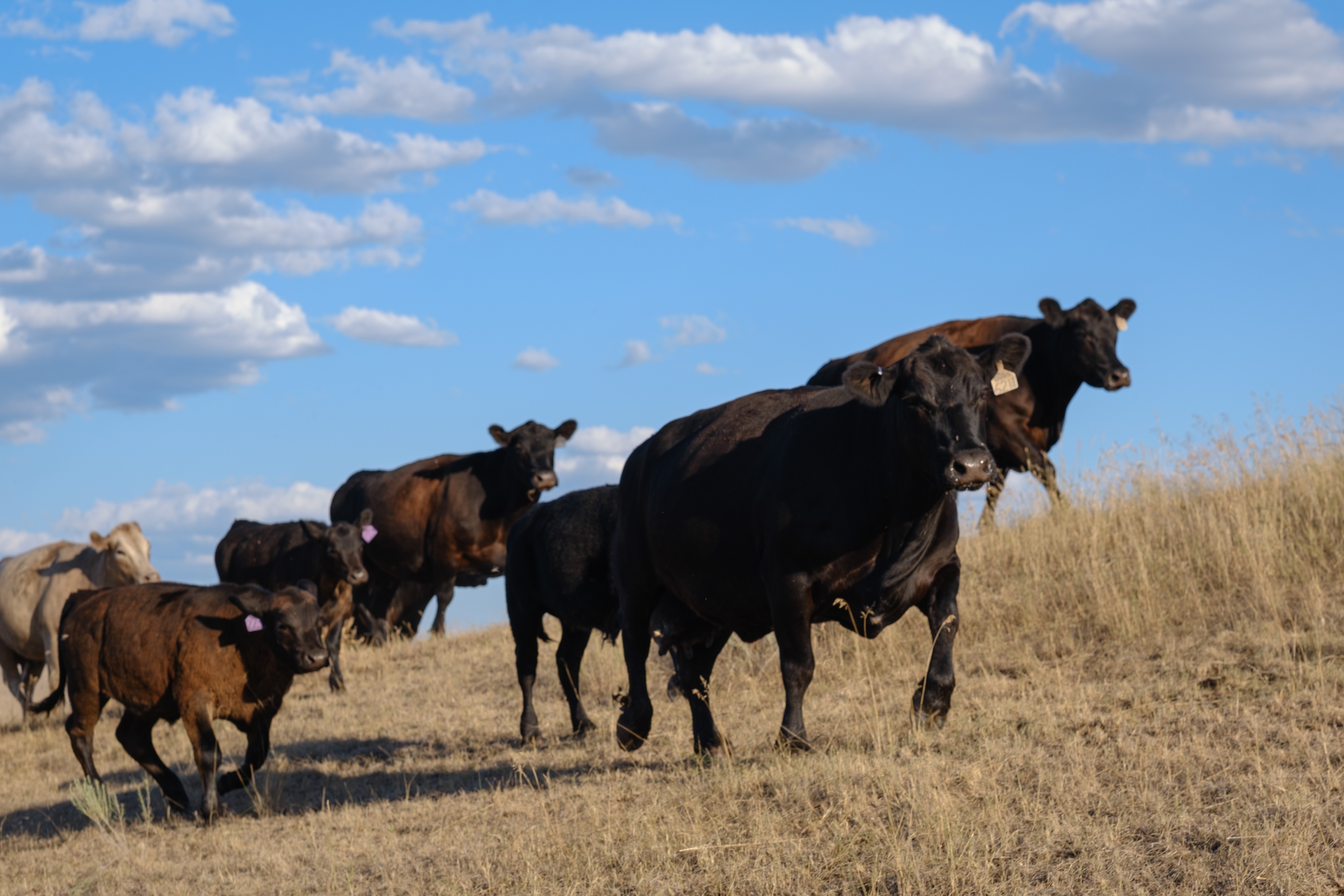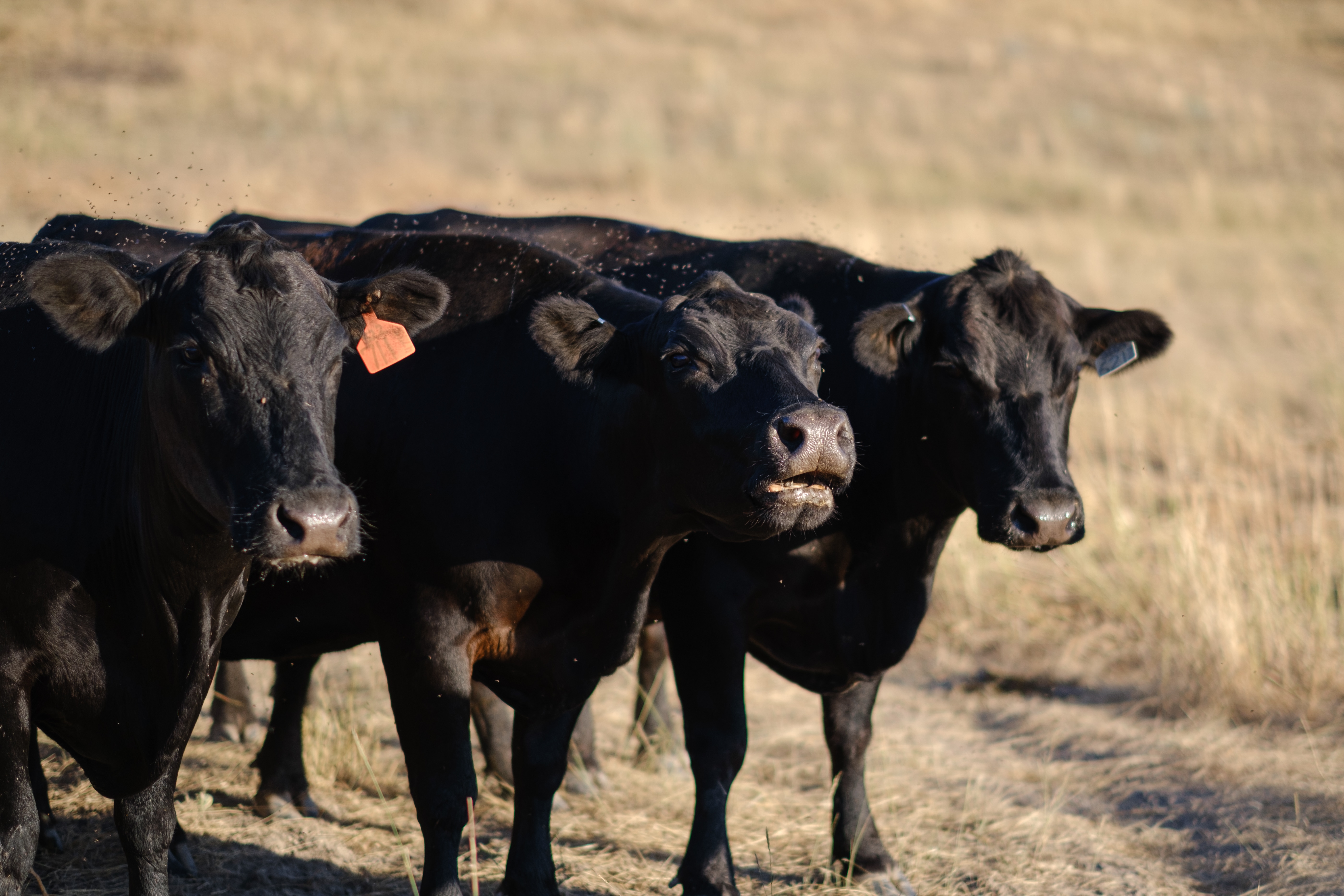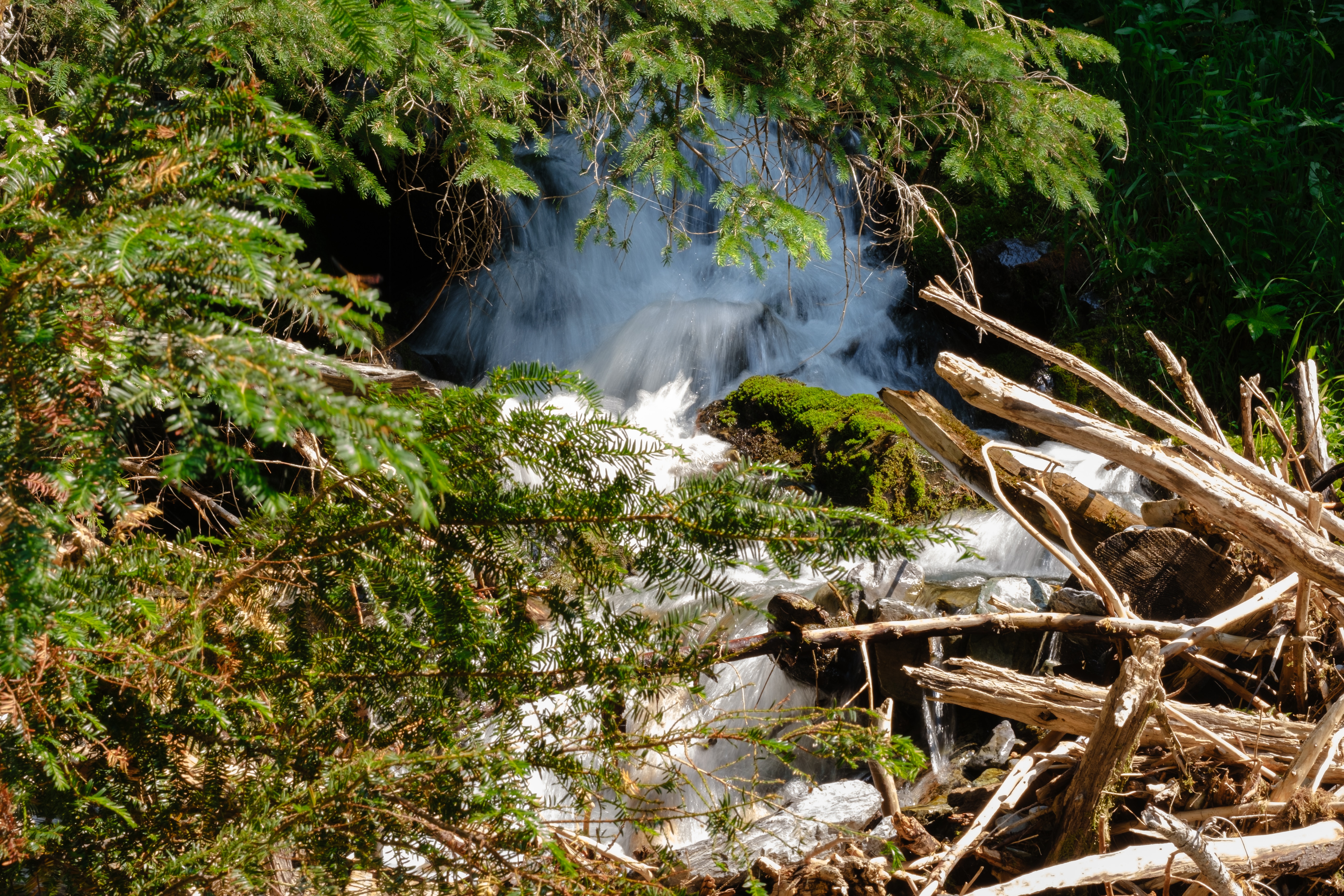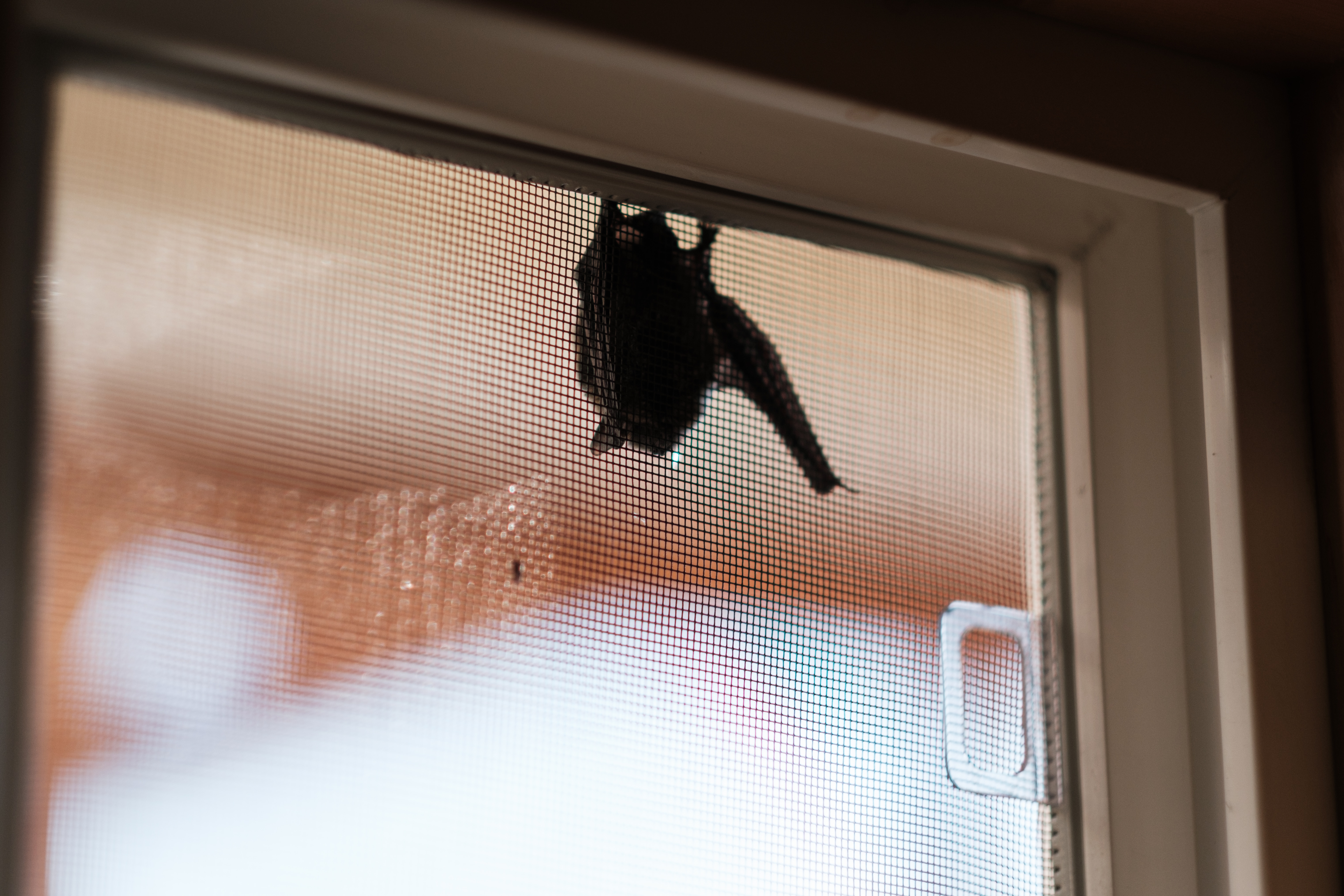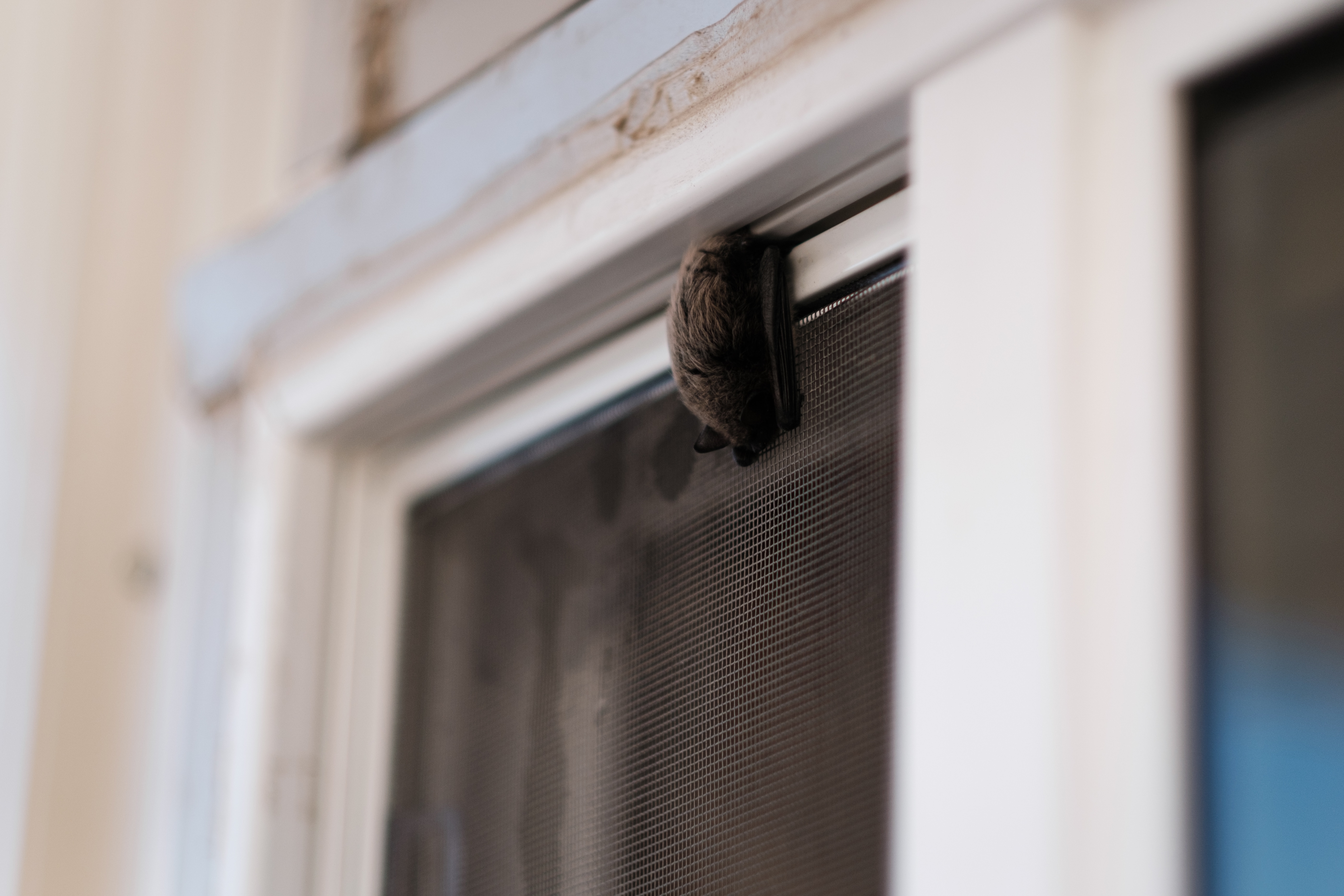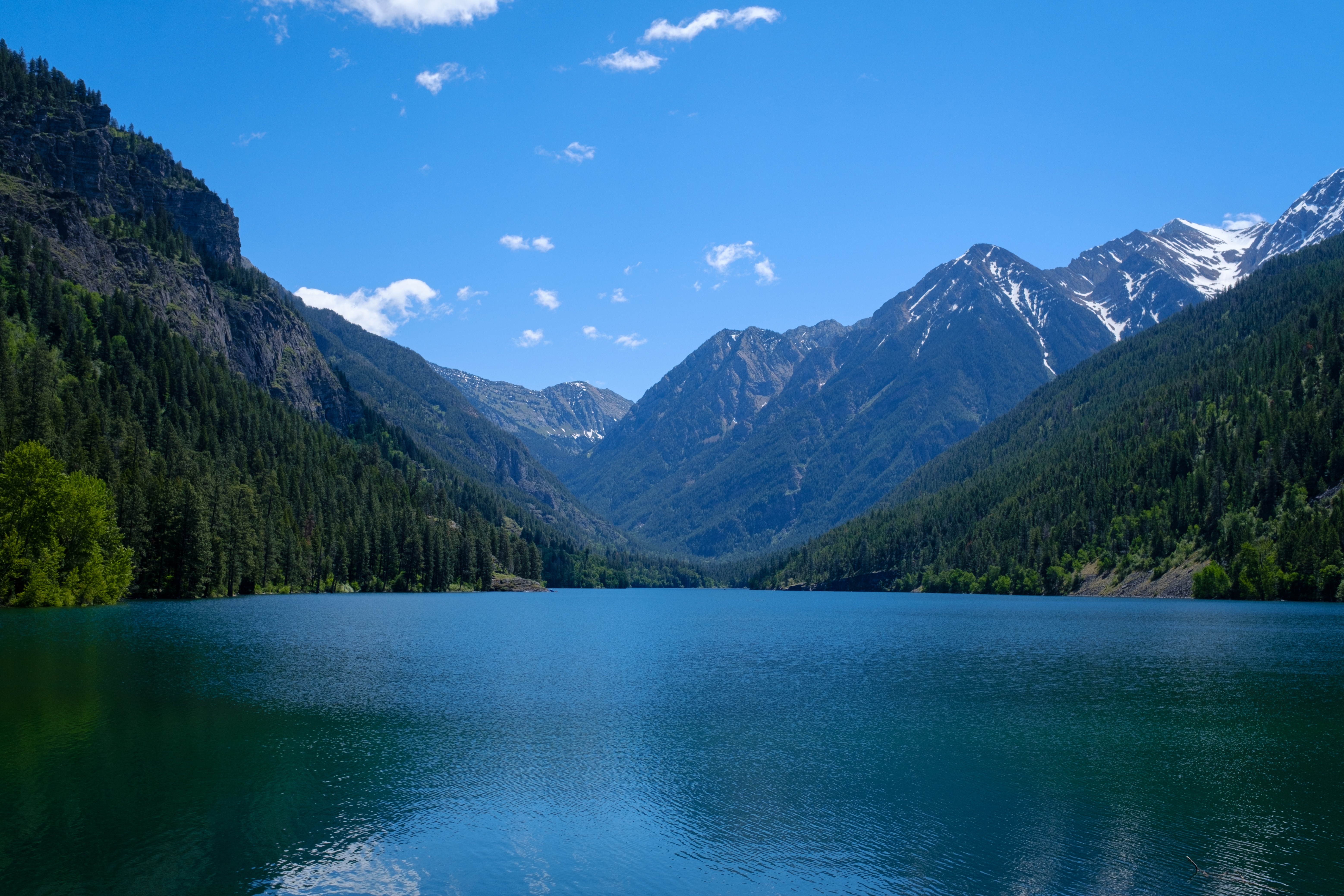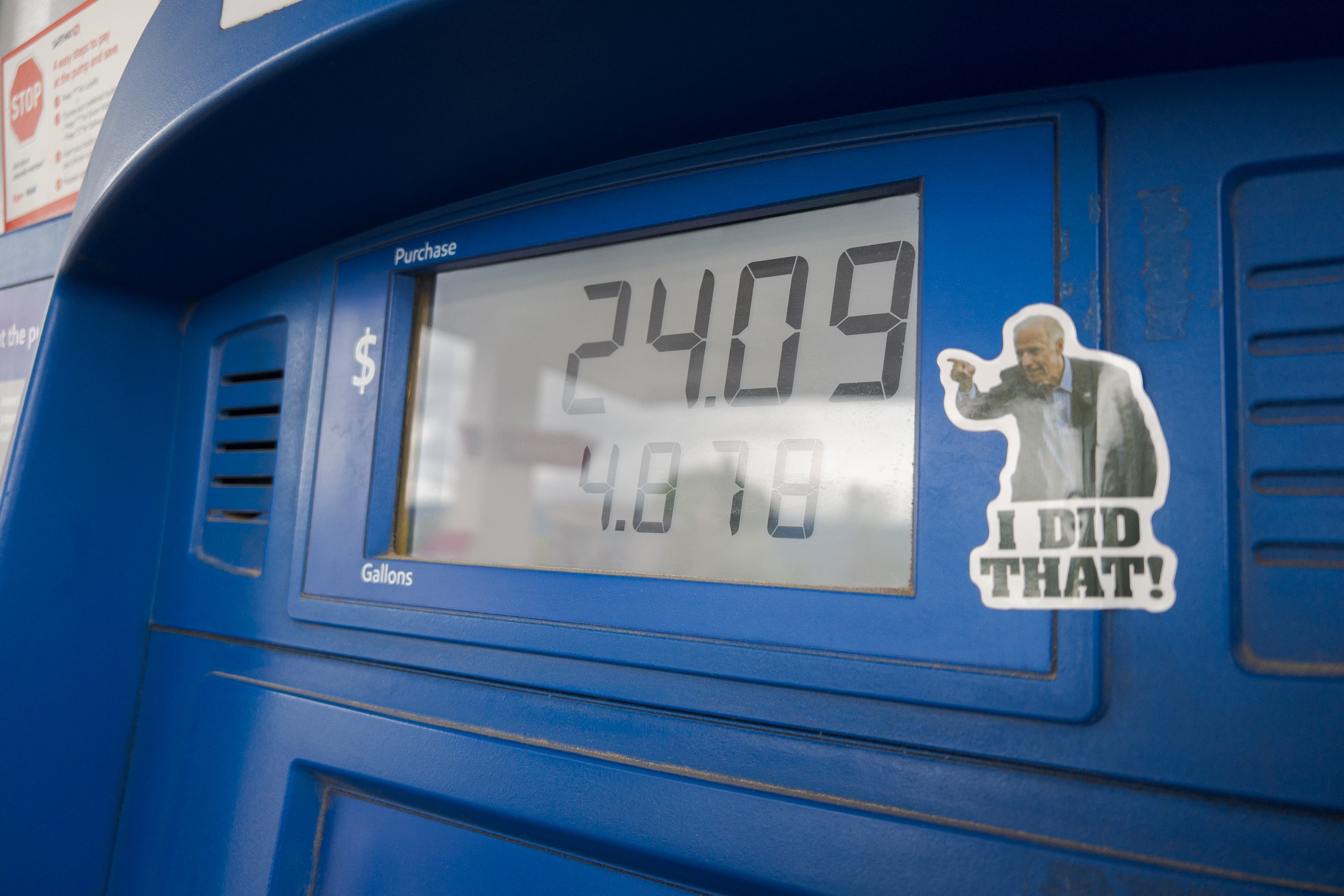On my way home, I drove past another deer carcass lying lifeless on the side of the road. I’ve driven past I don’t know how many over the years, and I haven’t developed the indifference or joy I feel most people I know have toward these animals. Many people feed their families with deer meat, making jerky or storing countless pounds in their freezers for months and months. Tribal members can hunt these animals without a permit, something my white friends often feel disdain toward, and these members can also load these deer carcasses on their vehicles and take them home to eat. Years ago, on my drive home after returning from a firefighting tour, I saw another deer carcass on the side of the road, but on this occasion, there was another deer, a living one, circling the carcass, bounding around it. I don’t know what this deer felt or who it was to the dead one, but I could imagine. I imagined that she was in mourning, that the dead deer was a relative or a friend, that she wanted it to jump back on its feet and rejoin her so they can continue on their journey to who knows where. But she didn’t. I drove around them and continued on my journey back home.
A few years ago I hit my first deer. It was pitch black, and I was coming home from a school board meeting. I wasn’t driving faster than the speed limit, and even with my brights on, I saw the deer sauntering onto the road too late. I thought about braking as hard as I could but the distance was too short for that to do much of anything but get me hurt. So I pointed my Jeep toward the deer and hit it directly. I saw the deer flip in the air and disappear in the darkness. I quickly stopped my car in the middle of the road and got out. I looked around for the deer but I couldn’t see it. I checked my car and noticed only that my license plate was bent in a few places and part of my front left headlight was dislodged from its housing. Otherwise, my car survived pretty much intact. I got back into my car and drove home, the adrenaline keeping me up for a few hours. The next day, I told this story to my friends and they were all surprised my car wasn’t damaged more. No one asked or cared about the deer because hitting deer is a sort of rite of passage for people in Montana. At the time, I understood how annoying deer can be, and I understood why I saw so many lying dead on the side of the road.
A week or so ago, a friend and I were talking about how awful the traffic had been lately, especially down in Missoula. She told me a story about how different it used to be. A decade or so ago, her and her friends would regularly drive the 50-60 minutes down to Missoula after work, buy groceries, go out to eat, and drive back and make it home at a very reasonable time. She laments how she can no longer do that because of the traffic. It takes her longer to do even the simplest things, and she now dreads driving to Missoula to do any of the things she used to enjoy doing. Montana surpassed a million people in the last census, enough to grant us another seat in the House of Representatives. This increase in population can be blamed for it for sure, but my friend has a few theories. Missoula and all the cities and towns around it weren’t designed for this many people. The main highway from here to Missoula is Highway 93, and for long stretches of it, it’s a simple two lane highway, one going north, the other south. For a long time, this was enough. But now?
“It’s because of the turtles,” she said.
“Turtles?”
Yes, turtles. The western painted turtle, to be exact. I’m not an expert on this, so I’m going to be as general as I can. During hatching season, many many turtles start migrating toward wet areas, and where I live, that includes the Ninepipe National Wildlife Refuge. Their path cuts right across the highway. Obviously, the shorter their trek across the road, the higher their chances for survival, and this is where my friend—and I’m sure many more people—have their problems. Adding more lanes to the highway will help with traffic but that won’t help the turtles. I’ve seen dead turtles with broken shells on the roadside, and that, to me, is more heartbreaking than seeing deer carcasses, than seeing the carcasses of skunks, birds, and even cats and dogs. I still feel awful at the memory of driving over my first (and only) turtle years ago. I didn’t see it in time to swerve around it, and I can still… I don’t want to think about it. It’s an awful memory.
There’s a very beautiful animal bridge down by Evaro. You have to drive through it if you’re headed south to Missoula or north up to Kalispell from Missoula. When I first visited Missoula a few years before I moved here, this bridge is the first memory I had of the place. It’s beautiful, and from all indications, it seems to work. Bears have been seen using it, as well as deer and other animals. So as I listened to my friend complain about the traffic, about the turtles, about the tribe (so many complains about the tribe), I started to research safe paths for turtles. Japan has a very cool solution using tunnels, but unfortunately, I don’t think that will be built here where I live. But so what?
Yesterday I wrote about gas prices and how I can help by not driving as much. Driving less will alleviate demand on gas and maybe help animals survive to see even more days, for sure, but I know this won’t happen all at once, including by me. I can’t. Montana is the fourth largest state by total area but only the 45th most populous state. That means things are spread out very far from other things. In Los Angeles or other cities, I can live in a spot where everything I would ever need is within walking distance. I would need to pack a tent and sleeping bag if I were to walk everywhere I would need to go here in Montana. A car is a necessity, for better and for worse.
So what’s the point of all this? I don’t know. I don’t think there is one. I was simply driving home from picking up my groceries earlier today and saw that lifeless deer lying on the side of the road, and I felt sad about it. I felt sad about it and I don’t know what to do about it except to write about it. I’m not going to stop driving and neither are other people. People are going to continue killing animals, both with their cars and their guns, and I can continue trying my best to drive less and to continue not eating animals. My best is all I got, and that’s what I have to focus on, so let’s keep at it.
